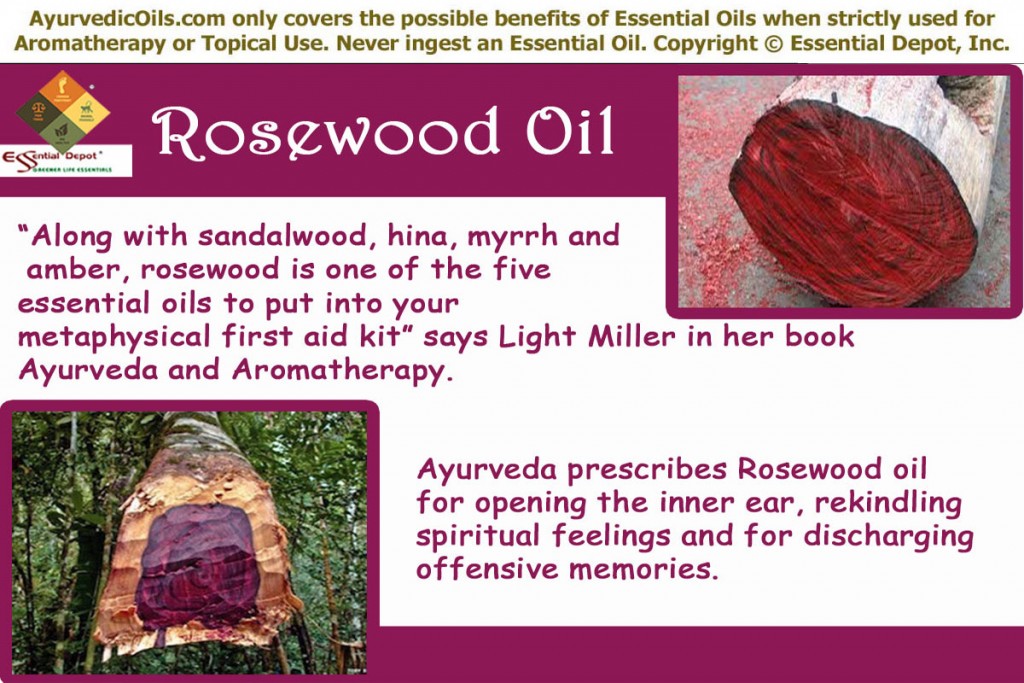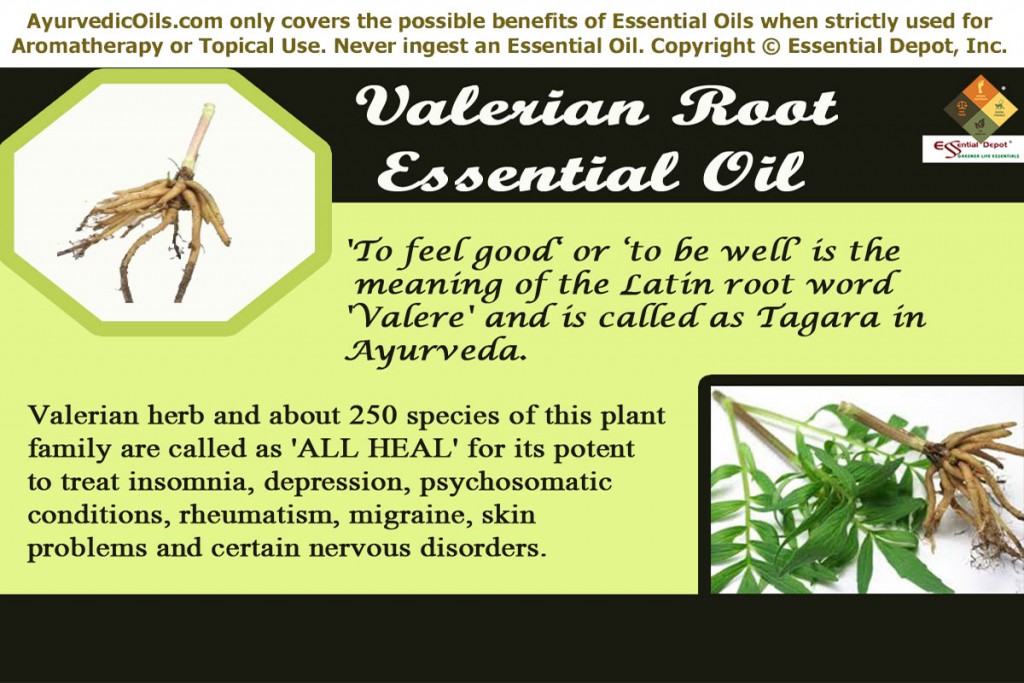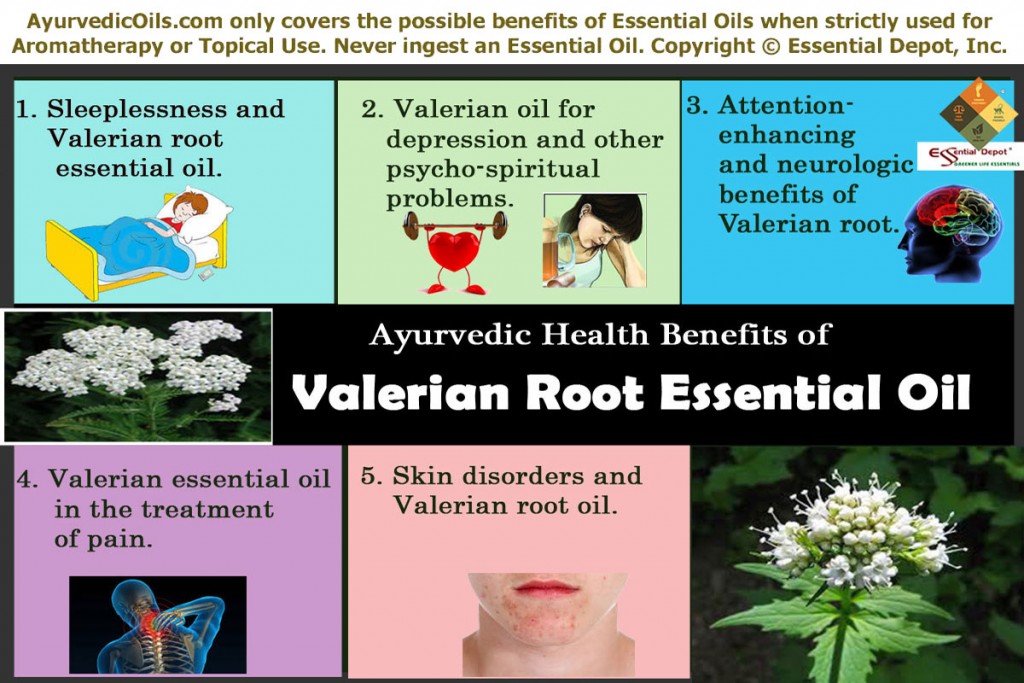Ayurveda is a gift to mankind and it follows the implausible elements of nature. This safe science trusts and believes that human being is a part of nature and his illness should also be treated in a natural way using the gifts of ‘Mother Nature’. Here comes the importance of Ayurvedic essential oils which are derived from the natural plant extracts. These oils have therapeutic properties for which it has been used since ages in traditional medicine and folk medicine.
In the recent times, you might have heard about the essence and effective use of essential oils in Aromatherapy but won’t you get surprised if I say that Aromatherapy itself is one of the ways of healing holistically in Ayurveda? This ancient therapy of curing human beings have suggested numerous ways of using Ayurvedic essential oils and the best ways are here for your guidance.
- Aromatic bath: A popular adage goes like this ‘Cleanliness is next to Godliness’, as Ayurveda insists highly on keeping yourselves and your environment clean, it prescribes taking bath twice daily either with the use of herbs or Ayurvedic essential oils in your bath tub. Adding few drops of essential oils to your bath tub will give you a refreshing bath, which would be energizing and help you stay calm physically and emotionally.
- Essential oils massage: You work all day long all through the week; won’t you feel that your mind and body needs some ‘Quality Time To Rest’? Don’t need to go in search of quality time to rest, instead your life partner can help you discover it apparently with a caring massage with the sweet-smelling Ayurvedic essential oils. You can also try exploring the real sense of relief and peace after a systematic massage by an Ayurvedic expert in a nearby Ayurvedic center if you really feel like having a space for yourself. Ayurvedic massage with healing essential oils are often said to alleviate stress, trigger your olfactory sense, make your skin supple and give a never before newness to your life.
- As a vitalizing household cleaner: Home is the best place to give a great start to everything and everyone of your family. Why can’t you try complimenting your home by adding few drops of refreshing essential oils to your floor cleaner, washing machine and at the time of washing your dishes and cleaning your toilets? Lemon essential oil is often recommended for laundry, cleaning dishes and other general cleaning as it has the potential to remove tough, oily and greasy stains. You can also try using essential oils with clean, fresh, flowery and woody aroma to bring the real effects of nature even when your doors are closed.
- For skin care: Nothing other than certain selective Ayurvedic essential oils can caress your skin and take better care of them. You can use a wide range of skin-friendly essential oils like lavender essential oil, lemon essential oil, rose essential oil, sandalwood oil, ylang ylang essential oil, palmarosa essential oil, tangerine essential oil, mandarin essential oil, chamomile essential oil, geranium essential oil and few other. You can add few drops of any of the above essential oils in your favorite lotions, creams, carrier oil, carrier lotion, cocoa butter etc, to get set with your ultimate skin care pack.
- Diffuser/Air-Freshener: Using essential oils in your diffuser or in your Air-freshener will help you kill germs, bacteria and other harmful viruses in the air while giving you an everlasting aroma especially in the rainy season.
- Cold/Warm Compress: Circulation problems, sprains, muscular tension and other pains can be easily treated either with a warm or cold compress. It will be a brilliant idea if you add few drops of essential oils with absolute healing properties like peppermint oil, eucalyptus oil etc to your compress the next time when you feel like getting instant remedy from excruciating pains like menstrual cramps.
- Vapor inhalation/ Facial steam: Adding few drops of Ayurvedic essential oils like Eucalyptus oil or Peppermint oil to steaming water and inhaling the steam will help you keep away from the persisting problems like sinus, bronchitis, cold, flu etc. You can also add few drops of refreshing oils like lavender oil or other cleansing oil like chamomile oil to warm water and use it as a facial steam for deep cleansing.
Note: The way of using Ayurvedic essential oils plays a dominant role on its healing potential. Do not use essential oils directly to the skin as more pure the oil, more concentrated it is.
Reference Links:




